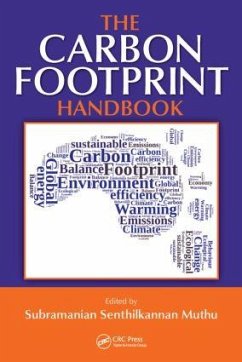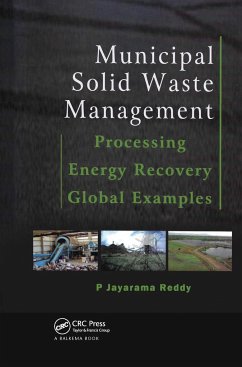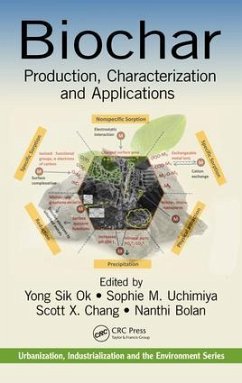
Emerging Technologies
Socio-Behavioral Life Cycle Approaches
Herausgeber: Savage, Nora; Street, Anita; Gorman, Michael E

PAYBACK Punkte
79 °P sammeln!
Traditional Life Cycle Analysis (LCA) methodologies affect the public health and environmental impacts from a material, product, process or activity. The authors of this book suggest that a more holistic approach that incorporates societal and behavioral dimensions will create better results. They discuss how to develop an adaptive framework that would include a wider range of perspectives and disciplines. The book will also include discussions about "Technological Black Swans," trading zones, ethics, behavioral nanotechnology, governance, risk, green design, tools for practitioners, and concl...
Traditional Life Cycle Analysis (LCA) methodologies affect the public health and environmental impacts from a material, product, process or activity. The authors of this book suggest that a more holistic approach that incorporates societal and behavioral dimensions will create better results. They discuss how to develop an adaptive framework that would include a wider range of perspectives and disciplines. The book will also include discussions about "Technological Black Swans," trading zones, ethics, behavioral nanotechnology, governance, risk, green design, tools for practitioners, and conclude with a chapter presenting a "strategic outlook."













